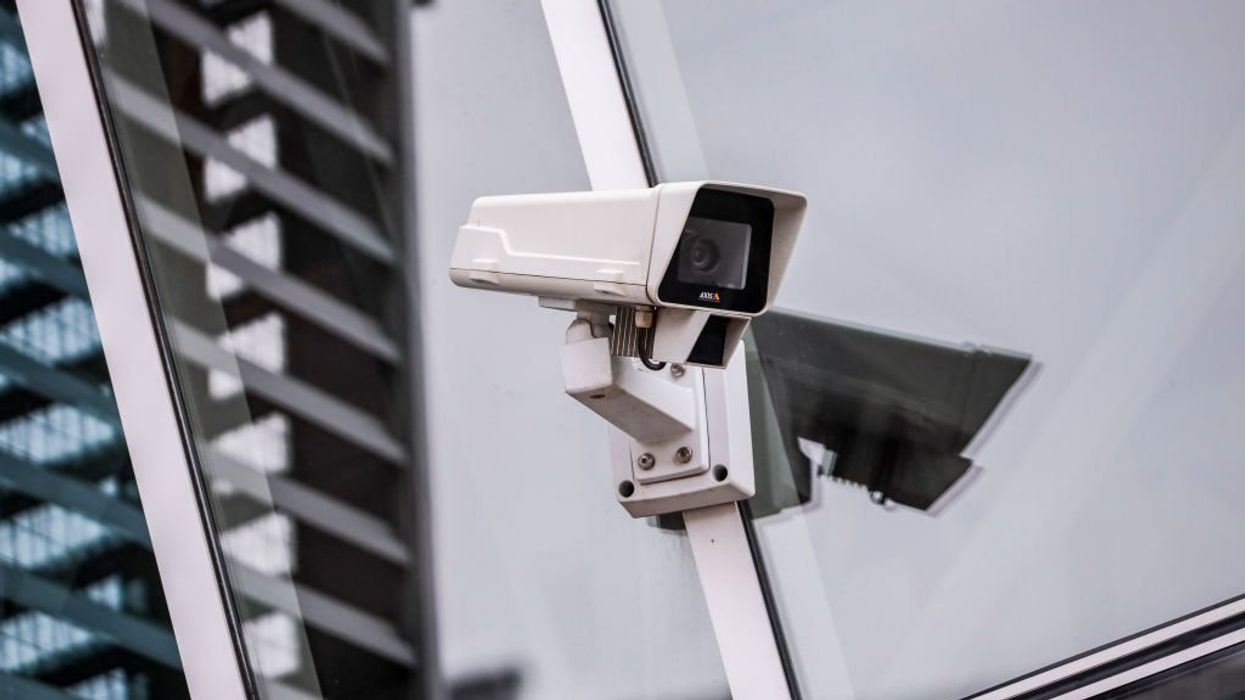
Photo by Artem Priakhin/SOPA Images/LightRocket via Getty Images

Suspects cannot be arrested solely based on the findings of facial recognition technologies.
As part of a legal settlement, the Detroit Police Department is drawing back on how it can use facial recognition technology to track down criminal suspects, according to Tech Crunch. The development comes after a man was wrongfully convicted in 2020 using the technology.
The updated policies will bar the police from arresting people solely based on the results of facial recognition searches, or simply on the results produced by photo lineups. Additionally, the authorities will not be able to present photo lineups exclusively based on facial recognition technology. There must be supporting evidence outside of the technology before a photo lineup can be conducted.
'My wife and young daughters had to watch helplessly as I was arrested for a crime I didn't commit.'
The policies can be enforced by a court for the next four years, according to the report. Additionally, the policies require that police train and educate members on the risks of facial recognition technologies.
Robert Williams was falsely identified as the perpetrator of a theft that took place at a Shinola store in October 2018, according to the Detroit Free Press. He was subsequently arrested in front of his family and held for 30 hours before he was ultimately released on a personal bond.
The report mentioned that a detective in Detroit ran a grainy photo developed from poorly lit footage through the department's facial recognition software. Even though the image was not clear, the department still relied on it to arrest Williams. In the footage of the theft, the shoplifter never directly looks into the camera, which makes it difficult to identify who the perpetrator was solely based on facial recognition technology.
Consequently, Williams said the ineffective use of the facial recognition software "completely upended my life."
"My wife and young daughters had to watch helplessly as I was arrested for a crime I didn't commit and by the time I got home from jail, I had already missed my youngest losing her first tooth and my eldest couldn't even bear to look at my picture. Even now, years later, it still brings them to tears when they think about it," Williams said.
“The scariest part is that what happened to me could have happened to anyone."
Despite the existence of this technology, some cities across the country have banned the use of the technology by the authorities. Microsoft has also banned the authorities from using its AI software for facial recognition.
Like Blaze News? Bypass the censors, sign up for our newsletters, and get stories like this direct to your inbox. Sign up here!